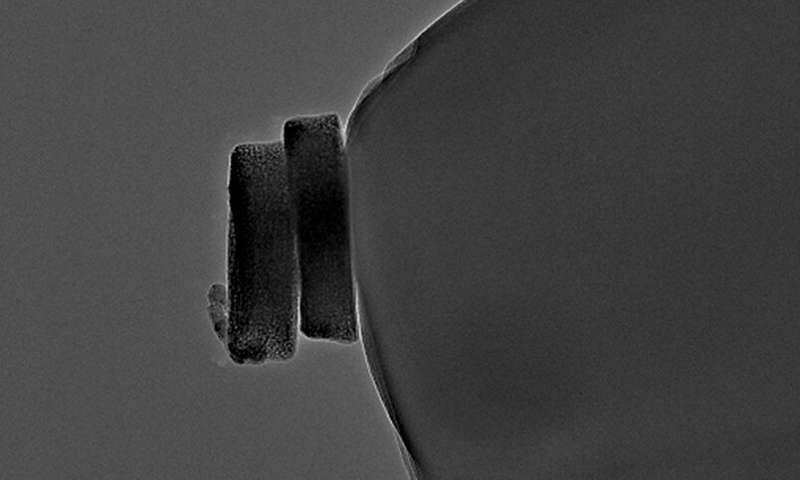Precious metal-free nanoparticles could serve as
powerful catalysts in the future, for example for hydrogen
production. To optimize them, researchers must be able to analyze
the properties of individual particles. A new method for this has
been suggested by a team from the Center for Electrochemistry at
Ruhr-Universität Bochum (RUB) and the Institute of Inorganic
Chemistry at the University of Duisburg-Essen (UDE).
Catalytic activity of individual cobalt oxide nanoparticles
determined



